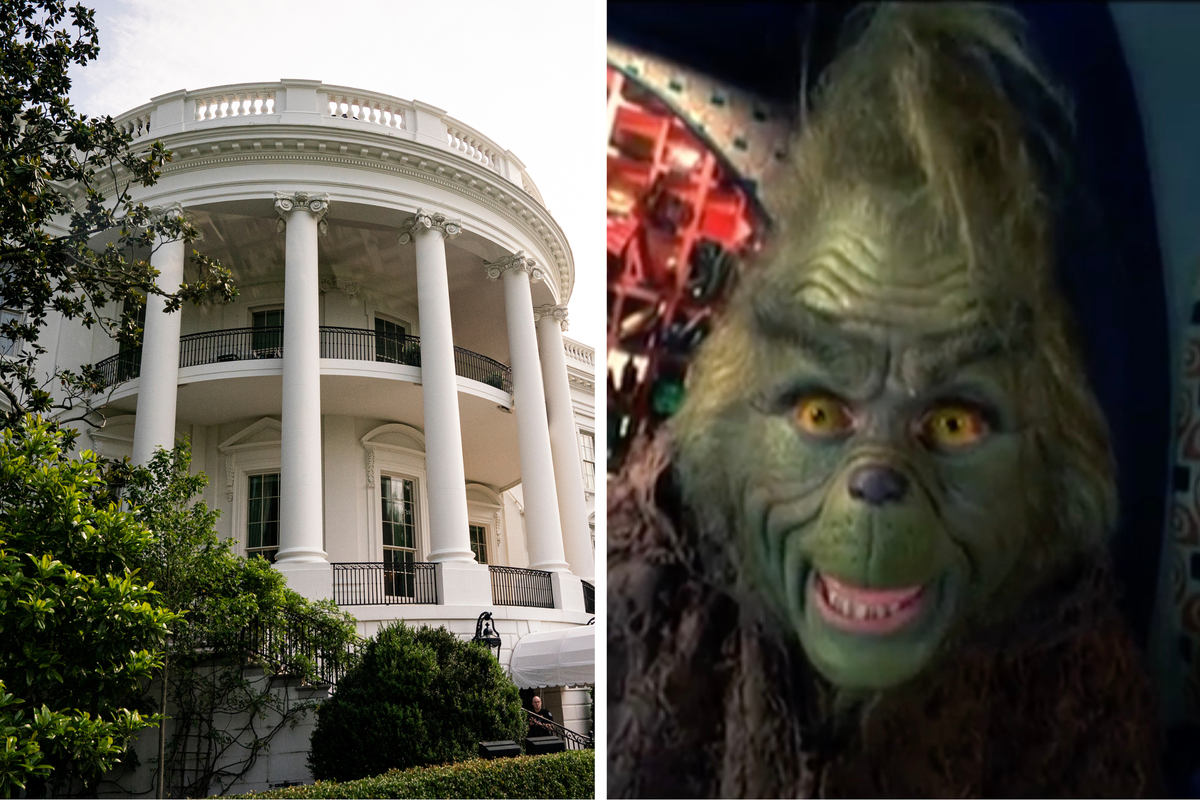Viral
Joe Vesey-Byrne
Jan 30, 2017

Picture:
Olivier Douliery/Pool/Getty Images
Dictionaries usually make the headlines because they’ve included a new word that outrages people who think language should remain static, or people who wear bow ties.
These are usually the same people.
Merriam-Webster, the standard dictionary of the United States, has been attracting public attention for another reason.
The dictionary’s Twitter account regularly posts definitions of esoteric words, and explains where more commonplace words come from.
Some of their more recent posts have been suspiciously topical.
On Tuesday morning the Merriam-Webster decided, just by chance, to give the derivation of “Snowflake”.
You may recall the pejorative term used by any person with right wing leanings who dislikes your beliefs.
Miriam-Webster’s article on the word claims that the term did not originate from author Chuck Palahnuik’s 1996 novel Fight Club, which uses the term in the more well known fashion.
It was retweeted more than 6000 times, and liked over 7000.
On the 28 of January, the day after Donald Trump issued his ‘travel ban’ on visitors to the US from seven proscribed nations, Miriam-Webster chose to define the word “Refugee”.
On 22 January, when presidential pollster Kellyanne Conway used the term “alternative facts” to define inaccurate statements made by White House press secretary Sean Spicer, Miriam-Webster shared these two sass filled tweets.
The tweets linked back to articles of the dictionary’s website:
This message has since between retweeted over 49,000 times and liked over 61,000 times.
The brain behind the social media account Lauren Naturale told Vox how it comes to choose some words.
The 'fact' tweet was part of our Trend Watch feature, which we've been running since 2010.
When a lot of people are looking up a word at a rate higher than usual, in a way that's related to an event, we share that trend and try to add some additional information on the word's meaning and how it was used.
She went on to explain.
We also offer commentary on words in a way that’s relevant to what’s actually going on in people’s lives.
So a lot of what we post is determined by what words are in the news and what’s being looked up on a specific day.
The sass is just an added bonus it seems.
More: An online dictionary keeps correcting Donald Trump's incoherent tweets
More: The Oxford Dictionaries Word of the Year perfectly sums up 2016
Top 100
The Conversation (0)













